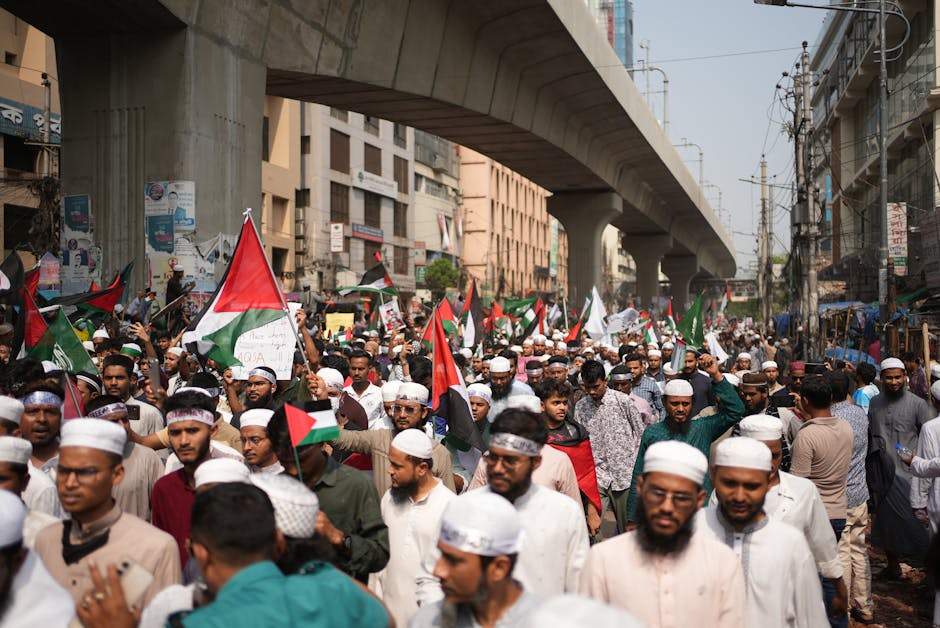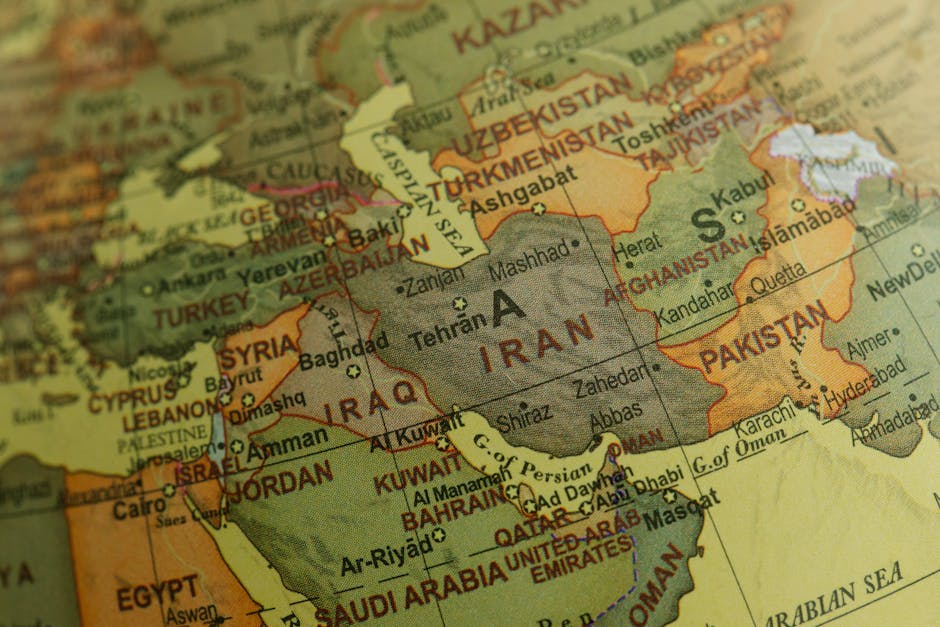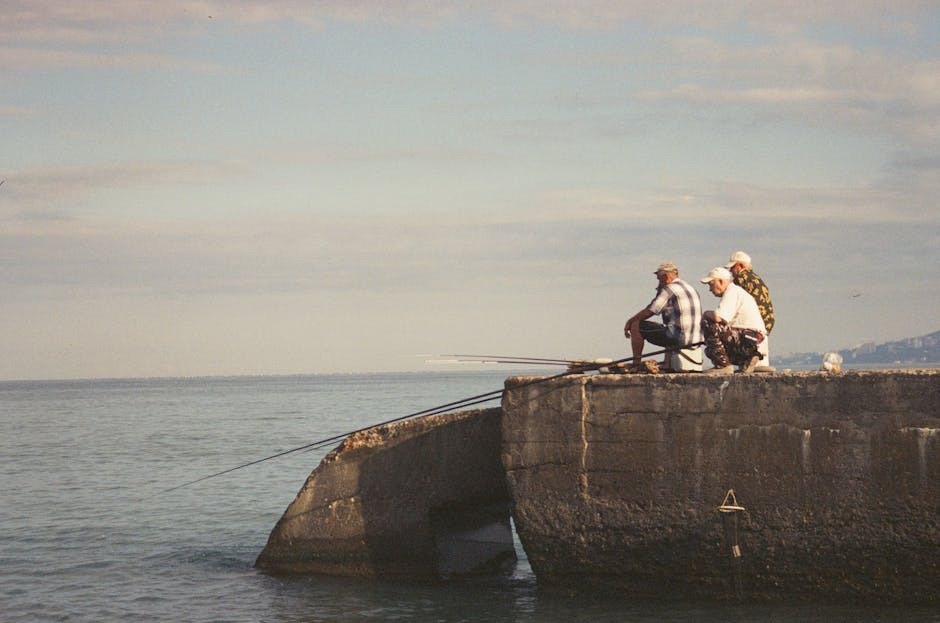Beyond the smoke and rubble that dominate our television screens, another war is being waged in the Holy Land. It’s a quieter, more methodical conflict, fought not with fighter jets and rockets, but with handcuffs, military orders, and prison bars. This is Israel’s decades-long war of imprisonment against the Palestinian people—a systematic campaign that has become a defining feature of the occupation and a formidable barrier to any lasting peace.
What is Administrative Detention?
For many people around the world, the concept of being arrested without charge, held indefinitely based on secret evidence, and denied a fair trial sounds like a dystopian nightmare. For Palestinians in the West Bank, it’s a grim reality known as “administrative detention.” This practice, a relic of the British Mandate era, is the cornerstone of Israel’s carceral control. It allows the Israeli military to detain individuals for up to six-month renewable terms, without ever filing charges or presenting evidence. The detainee and their lawyer are often left in the dark, fighting a ghost accusation.
Human rights organisations have long condemned this as a flagrant violation of international law. It is a tool, they argue, not for preventing imminent security threats, but for suppressing dissent, disrupting civil society, and punishing activists, journalists, students, and community leaders who dare to challenge the status quo.
The Staggering Scale of Palestinian Incarceration
The sheer scale of this system is staggering. Since 1967, it is estimated that over 800,000 Palestinians, including tens of thousands of children, have been arrested and detained by Israeli military authorities. That figure represents roughly 20% of the total Palestinian population in the occupied territories. For Palestinian men, the number is closer to 40%. This means nearly every Palestinian family has a father, son, brother, or cousin who has seen the inside of an Israeli prison.
This is not a system of justice; it is an apparatus of control. The Israeli military court system, which has jurisdiction over Palestinians in the West Bank, boasts a conviction rate of over 99%. This isn’t a testament to impeccable policing, but rather an indication of a process geared towards conviction, not acquittal. Palestinians are often coerced into plea bargains, knowing that the alternative is a lengthy, expensive, and ultimately futile legal battle against a system stacked against them.
Escalation Since October 7th
Since the horrific attacks of October 7th, this shadow war has escalated dramatically. Thousands more Palestinians have been swept up in mass arrest campaigns across the West Bank. The number of administrative detainees has soared to its highest level in three decades, with reports of dire conditions, overcrowding, and abuse becoming increasingly common.
A Barrier to Lasting Peace
This policy of mass incarceration does more than just remove individuals from society; it inflicts a deep, collective trauma. It shatters families, derails educations, and destroys livelihoods. It aims to break the spirit of a people, to instill a permanent sense of fear and powerlessness, and to make the daily machinery of occupation run more smoothly.
However, it is a strategy with a fatal flaw. While it may provide a semblance of short-term control, it breeds long-term resentment and fuels the very cycle of violence it claims to prevent. A generation that grows up seeing its elders humiliated at checkpoints and disappearing into prisons without recourse is a generation that loses faith in justice and peace.
As the world remains fixated on the visible violence in Gaza, it is crucial we do not ignore this parallel war. The road to a just and sustainable peace between Israelis and Palestinians cannot be paved with prison sentences. It must be built on a foundation of mutual respect, human rights, and, above all, justice for all. Until the cells are emptied and the system of arbitrary detention is dismantled, the occupation’s deepest wounds will continue to fester, making true peace an ever-receding mirage.




